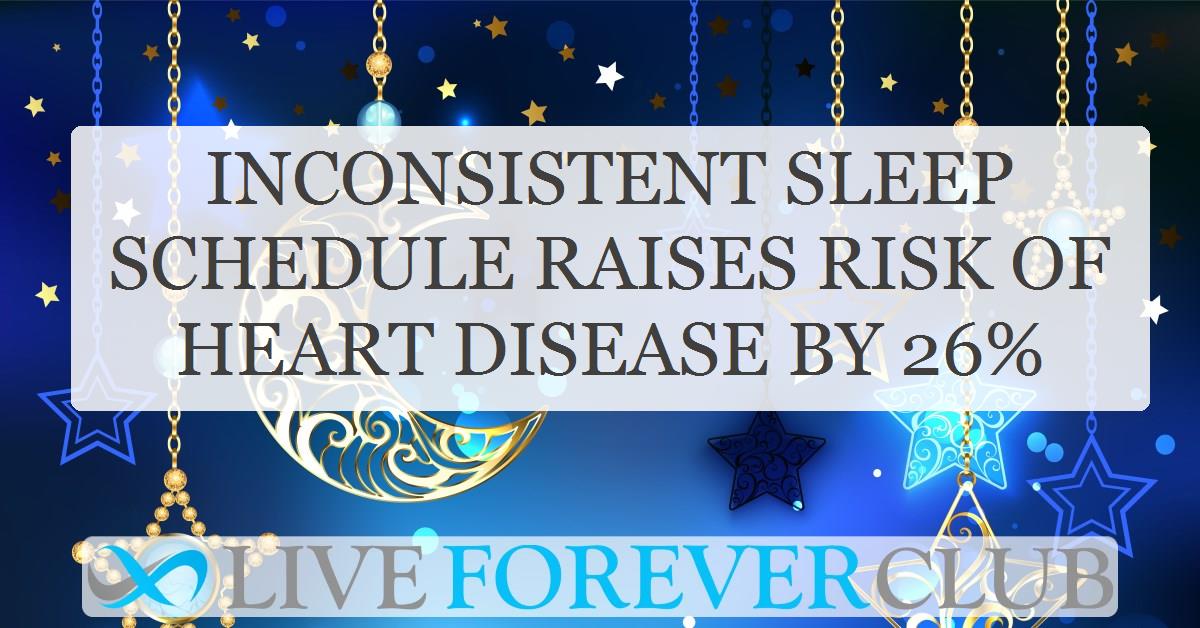Key points from article :
A recent study has revealed a concerning link between irregular sleep patterns and increased risk of heart disease. Even if you're getting enough sleep, inconsistent bedtimes and wake-up times can significantly elevate your chances of experiencing a stroke or heart attack.
Previous research has primarily focused on the quantity of sleep, advising adults to aim for seven to nine hours per night. However, the quality and consistency of sleep are equally important. The new study performed on 72,269 people (age 40-79 years) found that people who have varying sleep schedules are 26% more likely to suffer from cardiovascular events.
The researchers emphasized the importance of maintaining a consistent sleep schedule, aiming to wake up and go to bed within 30 minutes of the same time each day. While occasional deviations are inevitable, chronic irregularity can have serious health implications.
Interestingly, the study suggests that waking up at the same time each morning is more crucial than going to bed at the same time. The lead author, Jean-Philippe Chaput, said: “Waking up at different times each morning really messes with your internal clock, and that can have adverse health consequences.”
If you struggle with irregular sleep, consider implementing strategies like establishing a calming bedtime routine, avoiding screens before bed, and creating a sleep-conducive environment. By prioritizing consistent sleep patterns, you can take a significant step towards protecting your heart health.
Research by the University of Ottawa, published in the Journal of Epidemiology and Community Health.







